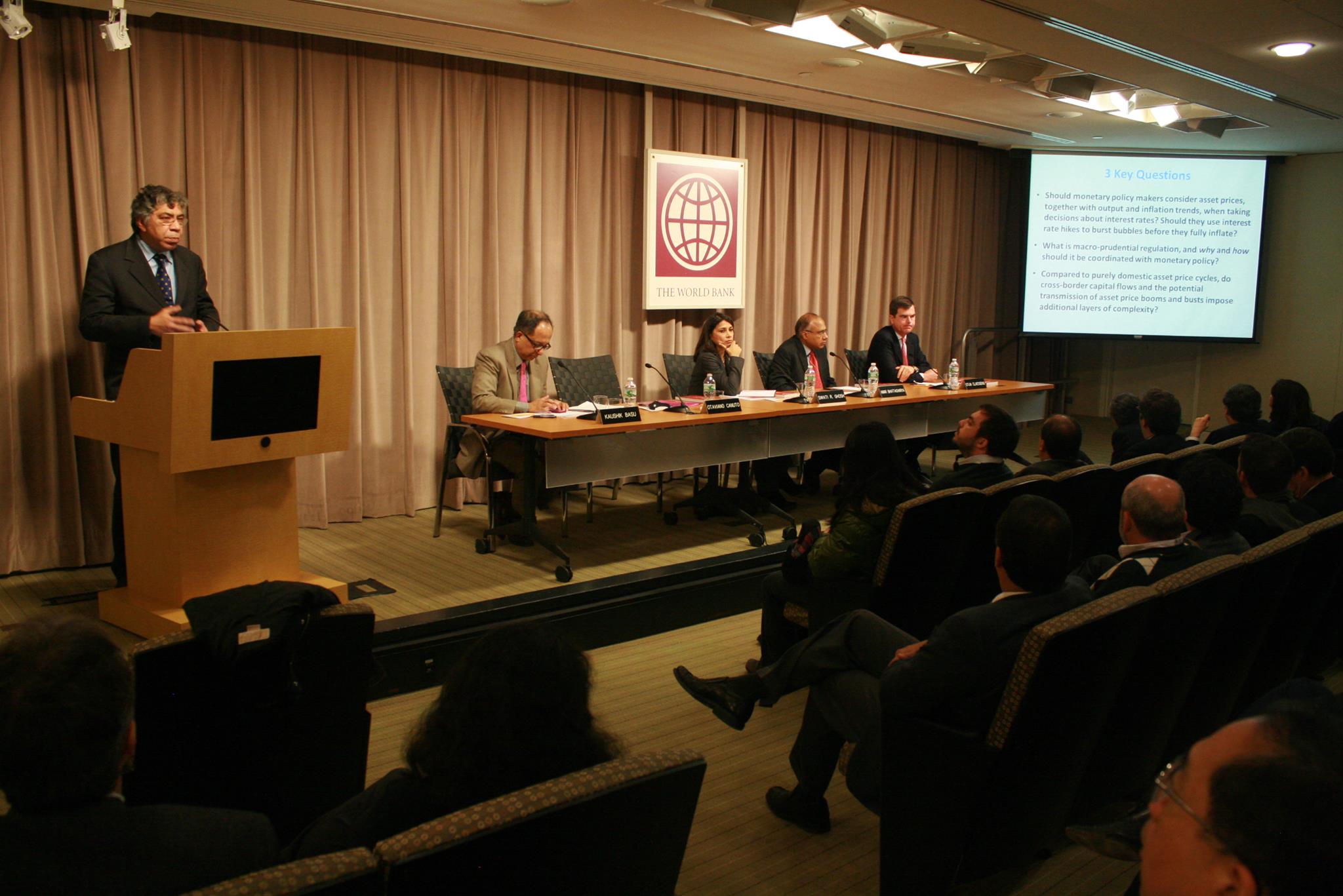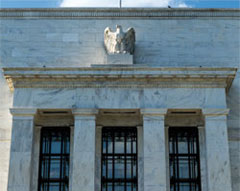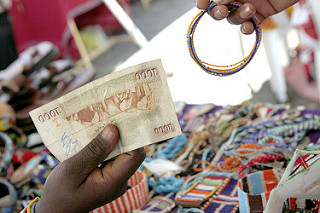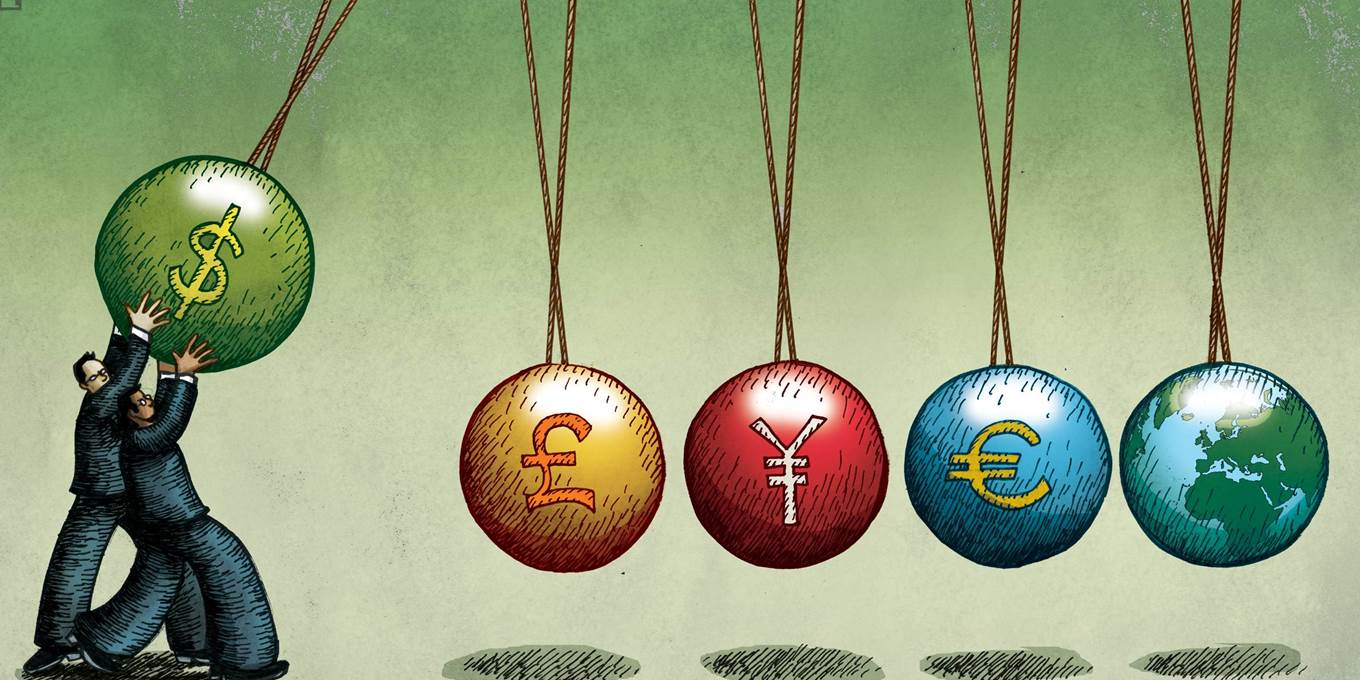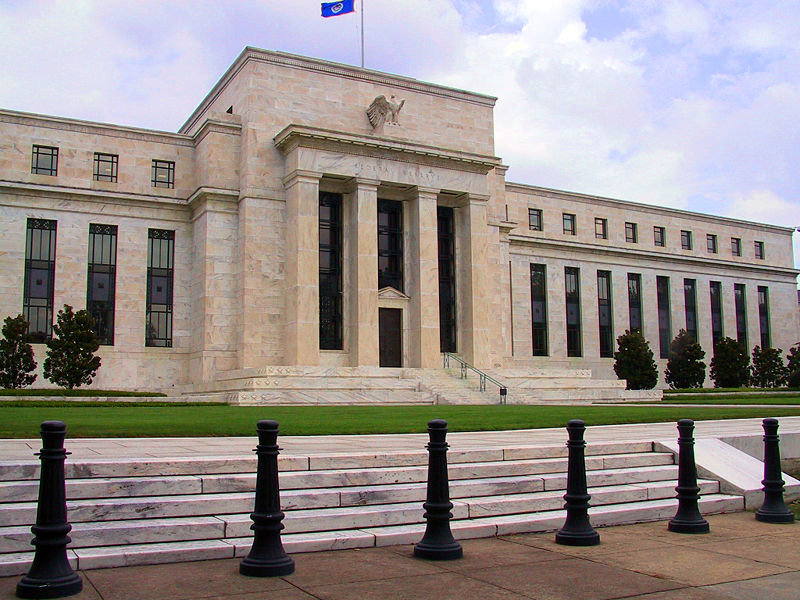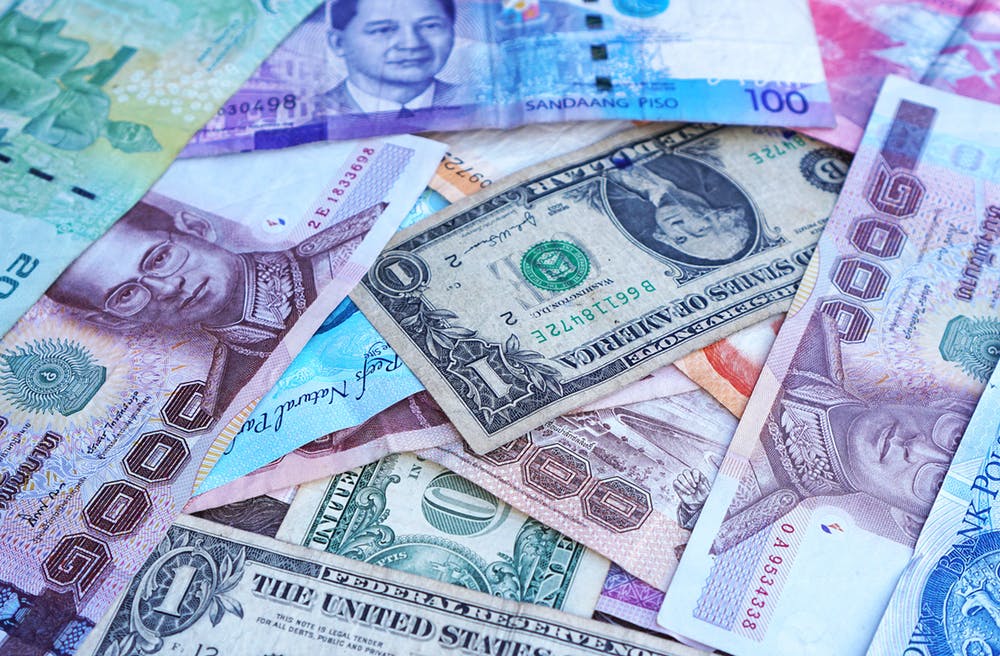The 2008 financial crisis has emphasized the importance of macro financial linkages. In the financial sector, attention is now focusing on macro prudential regulations that are geared toward the stability of the financial system as a whole. In the macro arena, the recognition that price stability was not sufficient to guarantee macroeconomic stability and that financial imbalances developed despite low inflation and small output gaps has highlighted the need for additional tools (macro prudential policies) to complement monetary policy in countercyclical management. Emerging markets (EMs) face different conditions and have key structural features that can have a bearing on the relevance and efficacy of policy measures. Drawing on Canuto, Otaviano, and Swati R. Ghosh, eds. 2013. Dealing with
the Challenges of Macro Financial Linkages in Emerging Markets. Washington, DC: World Bank), this note discusses the challenges of dealing with macro financial linkages and explores the policy toolkit available for dealing with systemic risks, particularly in the context of EMs.

